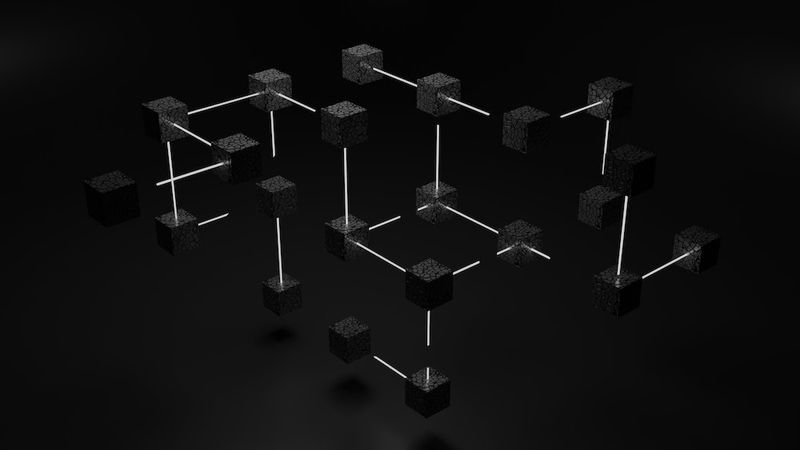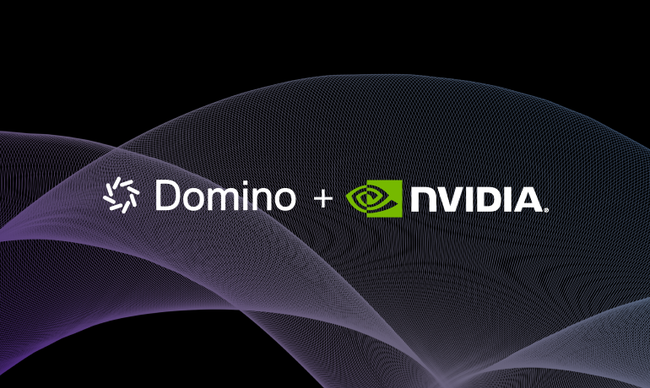Using k-Nearest Neighbors (k-NN) in Production
Sheila Doshi2016-10-08 | 1 min read

What is k-Nearest Neighbors (k-NN)?
k-Nearest Neighbors is a simple algorithm that stores all available cases and classifies new cases based on a similarity measure (e.g., distance functions). KNN is a "lazy instance based" algorithm, meaning it does not generalize. Therefore, training a KNN algorithm is insanely fast! For the basic kNN, training happens at literally the speed of just reading all the training data and saving it in a data structure.
Domino’s Chief Data Scientist, Eduardo Ariño de la Rubia, presented a webinar: An Introduction to Using k-NN in Production.
If you missed the live webinar or would like to watch it again, you can find a recording below:
Watch the webinar to learn:
- Different implementations of using k-NN in production;
- The pros and cons of using the algorithm with production data sets;
- How to use R and Python packages to get the most out of your k-NN model;
- A demonstration of training models on the Domino platform.
If you’d like to benchmark the predictive performance of k-NN against other algorithms contact us for a personalized demo of the Domino Data Science platform.



